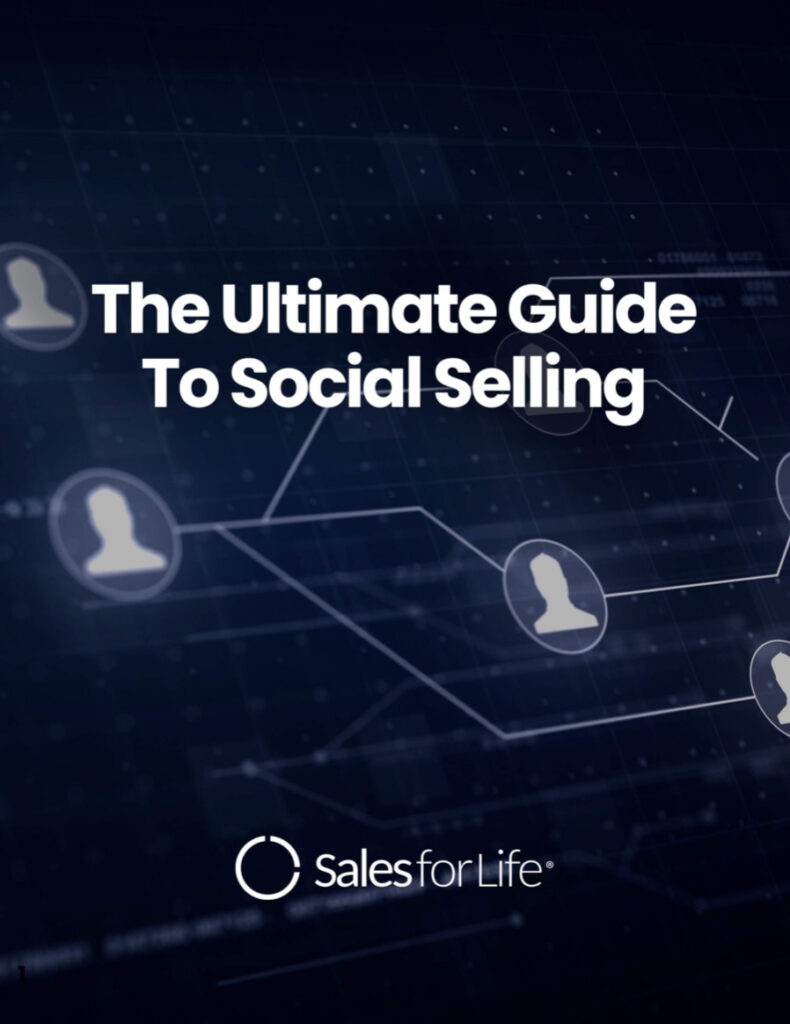 There’s no doubt that as a sales pro, one of the biggest challenges of your job is when buyers don’t answer or return your calls. But why the radio silence from buyers? The answer depends on which stage of the sales process you’re in.
There’s no doubt that as a sales pro, one of the biggest challenges of your job is when buyers don’t answer or return your calls. But why the radio silence from buyers? The answer depends on which stage of the sales process you’re in.
You may encounter non-responsive buyers at two different stages of the sales process:
-
Initial Engagement. At the initial stage, you’ve never engaged the buyer before, and are trying to get a hold of them for the first time.
-
The Nurturing Process. At this stage, you may have had initial discussions with a buyer, or the buyer may be far along in the journey. But suddenly, they stop answering or returning your calls.
Let’s look at these two stages in more detail, and examine why buyers aren’t connecting with you.
Initial Engagement
Buyers aren’t connecting with you at this stage for several reasons.
You’re not selling the way a buyer wants to buy.
Let’s face it. The buyer’s journey has changed, and buyers are no longer relying heavily on phone and email. Buyers are now doing due diligence online, using the Internet and online resources to educate themselves. And if you’re only connecting with your buyers by phone, you’re not selling the way they are buying today.
To overcome this challenge, you need to shift a portion of your activity to be aligned with how they want to buy. And that means social selling.
Are your buyers are active on social media channels like LinkedIn and Twitter? Are they reading blog posts, infographics, or eBooks? Are they attending webinars? If so, rather than trying to fit a square peg into a round hole and trying to reach your buyer on the phone, meet your buyers where they’re at. Engage and influence your buyers where they’re doing their research and engaging with people—online.
You’re using the wrong voicemail strategy.
Most sales reps leave a traditional voicemail, and then wait for the callback that never comes. And this could be because you’re using an incorrect voicemail strategy. As I discussed in a previous blog post, many sales reps use a traditional, voicemail strategy that involves a scripted message asking a buyer to call you back.
Instead, you should leave a call to action at the end of your voicemail, asking buyers to check out a piece of content or communication that you’ve sent them through email or social media. The point of your voicemail then is to drive awareness and pique their interest in that additional communication that you’ve sent them, and asking them to respond there.
There are two benefits to this approach:
-
This is a much more comfortable way for the buyer to respond to you, because nobody likes calling someone back whom they’ve never talked to before.
-
This is a more organized way for you to then be able to formulate a response when you’re at your desk and you’ve got your notes and everything in front of you about that buyer.
You’re not personalizing your message.
The third reason you’re not getting a response at this stage is non-personalization. This means:
-
You haven’t done enough research about your buyer to understand what they’re interested in, what they think is valuable, and what problems or challenges they’re facing in their professional life.
-
You haven’t shown them that this is a well-researched and poignant call. Buyers are less likely to return a call if a voicemail is being left asking them to call back. You need be clear that this is a specific message for this particular person, rather than just a blast approach.
You need to make it evident by mentioning specific things that the buyer is interested in or has talked about. For example, the buyer could be sharing pieces of content online, and by making reference to one of those in the voicemail, it’s showing them that your voicemail is meant specifically for them and you’ve done some research prior to making the call.
The Nurturing Process
As I mentioned above, at this stage in the sales process, you’ve typically had a positive engagement with your buyer at some point during the sales process. But for some reason, the communications have stopped. This is known as the “dead zone.”
You may be in the “dead zone” for a number of reasons.
Personal reasons.
The buyer you’ve been trying to contact may have been on vacation or ill.
Organizational reasons.
Perhaps your contact has had trouble getting a hold of their decision maker, or there have been budget challenges at the organization, or issues with legal review. Or your buyer may have been promoted to a different part of the organization.
There are many reasons that could potentially result in just a drop off of communications during the sales process. So, typically at this point in time, most sales professionals will just simply go through the ‘email, call, voicemail, email, call, voicemail, rinse, repeat’ process. And they’ll just keep trying—typically with very little response—to get a hold of the person who doesn’t feel any pressure to return your call.
How do you get out of the “dead zone?”
If you’re in the “dead zone,” you can leverage a human psychology principle called the law of reciprocity, which simply states that I’m more likely to give you value after you’ve given me value.
So, if you shift your strategy and, instead of constantly calling and leaving voicemails, emailing, and pressuring your buyer to get back to you without adding value, you can simply accept that you can’t force the buyer to call you back.
You can, however, influence their decision by adding value. So, if you position yourself as a nice, friendly resource of valuable information, you’re providing value. And that value can come in many different forms, such as information, blog posts, events, webinars, or introductions.
When you go out of your way to be a valuable resource without implying that a buyer needs to reciprocate, the buyer will often then take it upon themselves to actually return the call or email or social message because they actually now feel a little bit guilty.
This relates to the law of reciprocity. As human beings, we actually feel a responsibility or an onus to return value when somebody has delivered us value, even though they didn’t expect anything in return.
In summary, whether your buyer is at the initial or nurturing stage of the buying process, by providing value, personalizing your communication, and selling the way buyers expect, you’ll nudge buyers to answer and return your calls.{{cta(‘ec55a9f6-f4e1-449d-870d-899a003e60a8’)}}



